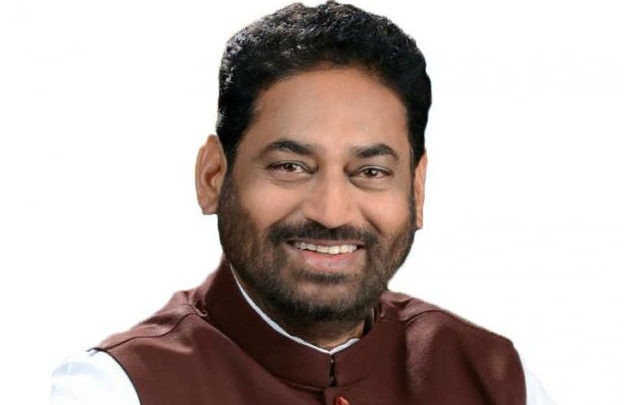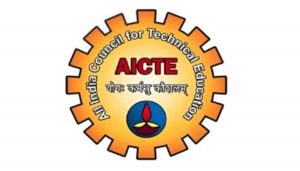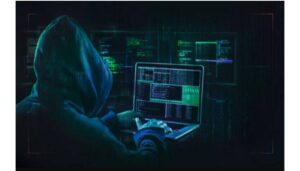Energy Minister Dr. Nitin Raut terms proposed Electricity (Amendment) Bill as anti poor and anti farmer

Mumbai, 12 June 2020 : The Maharashtra State Energy Minister Dr. Nitin Raut has called the proposed Electricity (Amendment) Bill 2020 as anti poor and anti farmer.
In a letter sent to the Union Energy Minister Dr. Raut has pointed out that the proposed Electricity (Amendment) Bill 2020 eliminated the cross-subsidy entirely. The cross subsidy mechanism envisaged a support to consumer categories with low capacity to pay viz. BPL, low end residential consumers & Agricultural consumers. The withdrawal of subsidy would impact adversely on a society as a whole.
He further said that the State Electricity Regulatory Commissions were setting tariffs so that the cross-subsidy was reduced to the extent possible without tariff shock to any consumer category as per the provisions of law. However, owing to the historical legacy and background of the present tariff for various consumer categories, it was difficult for State Commissions to eliminate the cross-subsidy entirely, he added.
He pointed out that every State had different consumer mix and State specific needs of cross subsidy to particular category of consumers. For example, in Maharashtra there are highest agriculture pumps in the country and its electricity consumption is significant whereas same case is not applicable for all States. In case of stringent target of cross subsidy reduction provided in tariff policy which becomes mandatory as per proposal in the amendment bill, it would lead to a tariff shock to the said category. Therefore, the SERCs needed to be allowed to continue & decide the progressive reduction in the cross subsidy without mandating it and considering tariff policy as a guiding document.
He said that the tariffs should reflect the cost of supply of electricity and cross subsidies should be reduced by the State Commission as per tariff policy decided by the Central Government. Unfortunately, the tariff policy through this Amendment Bill 2020 was made mandatory.
He further said the proposed Amendment also provided for direct transfer of subsidy to consumers in advance and the consumers were to be charged without subsidy as per the Commission determined tariff.
He further, added that before going for such change of direct benefit transfer (DBT) mechanism in subsidy, certain ground realities needed to be considered and understood. The identification of beneficiary for DBT would pose a serious challenge as the Energy meters were in the name of owners/old owner or one of the family members and occupancy of premises was done by tenants or another member of family/person.
According to Dr. Raut, the DBT may get passed to premises and not on actual user of electricity which is also not expected in DBT. Further at present the agriculture consumers are not even paying the bills with subsidized tariffs, however, in proposed bill advance DBT is proposed.
Considering very low recovery from agriculture consumers and with the advance payment of DBT, there will be a further increase in arrears, additional burden of penalties on consumers and increase in financial woes of the distribution companies and the end result of such non-payment may be disconnection of consumer which is not expected in the DBT. Further presently any delay in receipt of subsidy is being borne by the Licensee and with this proposal of advance DBT, if any delay in transfer of subsidy to the consumer happens then it will directly affect the consumer and may opt for not paying the future bills. In view of above, the reference of advance payment need to be removed and more clarity is required in terms of method of payment of subsidy to consumers in proposal.
Dr. Raut is of the opinion that to start with the DBT, it may first extend to the paying consumer categories such as Industries/power-loom etc.








